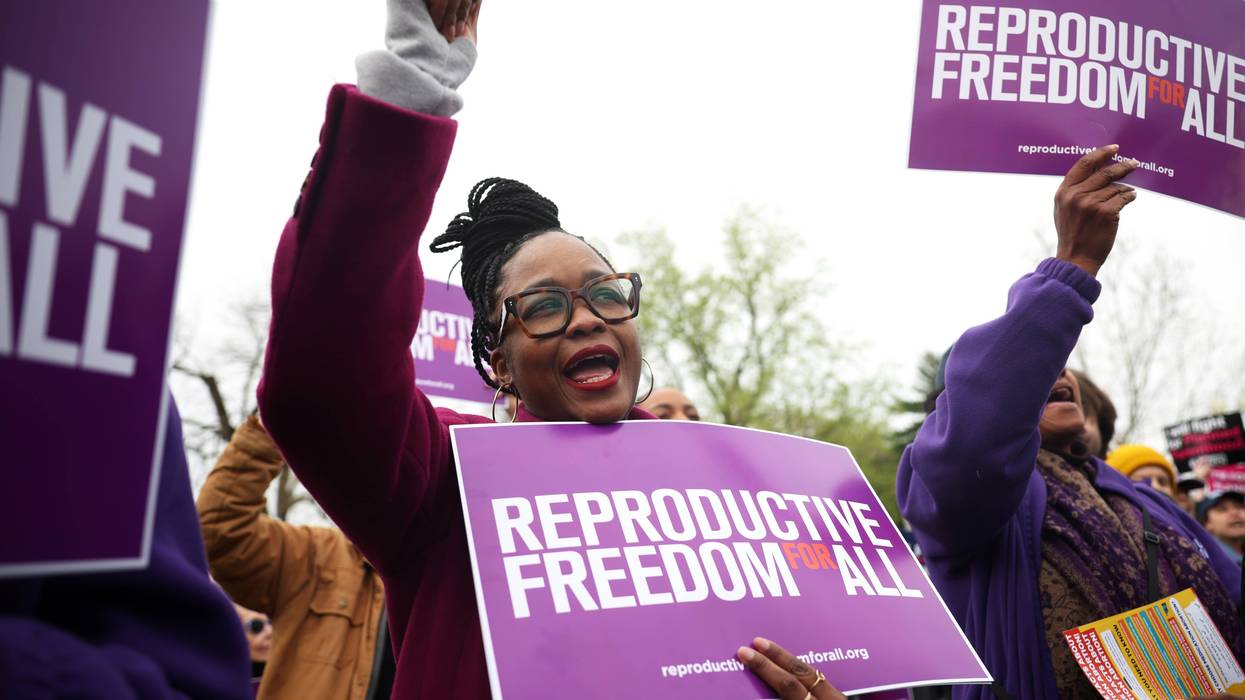Before the United Nations this Sunday, 26 international human rights, fair trial, and jurist organizations, and 33 Latin American civil society organisations, condemned Sweden's violation of the fundamental human rights of WikiLeaks editor-in-chief Julian Assange, who has experienced protracted pre-charge detention stemming from a Swedish investigation which has yet to charge him. Mr. Assange's pre-charge detention has spanned nearly four years as US Federal Grand Jury prepares a criminal case against WikiLeaks and it's officers.
Two Swedish organizations, as well as jurist organizations from around the world including the American Association of Jurists (AAJ), the National Lawyer's Guild (NLG), the International Association of Democratic Lawyers (IADL), and the Indian Association of Lawyers submitted two reports --one in English and one in Spanish-- each highlighting various procedural rights violations of Julian Assange, Sweden's longest running case of pre-trial deprivation of liberty.
A third report, signed by 33 human rights groups, media and civil society organisations, and unions, including the Global Women's March (Marcha Mundial das Mulheres, MMM), petitioned the Human Rights Commission in Geneva to intervene to free the 'political prisoner', Julian Assange.
The reports were submitted to the UN's Universal Periodic Review (UPR), the peak UN human rights review mechanism that investigates each country's human rights record every four years. The submissions expose numerous systematic deficiencies in Swedish pre-trial procedures like the routine placement of persons who have not been charged with any crime in indefinite, isolated, or unexplained pre-charge detention.
According to the English report, signed by 16 organizations, "The methods employed by the prosecutor in Mr. Assange's case are a clear violation of his fundamental human rights, yet they remain beyond the reach of judicial review."
The second submission, signed by 10 international human rights, fair trial, and jurist organizations, says that "the Swedish Authorities' demand that Mr. Assange be physically present in Sweden for questioning... would imply that Mr. Assange would have to renounce his inalienable right [to the protection afforded by his asylum in relation to the United States], but also means in practice that Mr. Assange would have to risk his life and physical integrity".
The third submission, signed by 33 human rights groups, media and civil society organisations, and unions, from Brazil, Argentina, Mexico, and Ecuador, petitioned the UN Human Rights Commission to intervene with Sweden in order to secure the immediate release of Julian Assange:
"The entire international community has witnessed the opportunistic manipulation of the accusations against Mr. Assange, in an attempt to destroy his reputation and to prevent his freedom and his ability to act politically. It is obvious that this unprecedented situation has not come about as a result of the alleged acts committed in Sweden, but rather due to the clear political interference by powerful interests in response to Mr. Assange's journalistic and political activities. This situation has turned Julian Assange into a political prisoner, who is effectively condemned to house arrest without any charges having been brought against him, without being able to exercise his right to due process."
On 19 June 2014, Julian Assange will have spent two years inside the Embassy of Ecuador in London (and a total of nearly four years in the UK under different forms of restrictions to his freedom of movement). He has been granted political asylum in relation to US attempts to prosecute him as the publisher of WikiLeaks. Sweden has refused to give assurances that Julian Assange will not be extradited to the United States. A Swedish prosecutor has kept a preliminary investigation open for nearly four years, but has not charged Julian Assange with any crime. The prosecutor refuses to question him in London, leading to a stalemate. At least four formal offers have been made to the prosecution to interview Mr. Assange in person, in writing, via telephone, or via video-link. All offers have been declined. The stalemate has cost over $10 million in the UK alone, where a costly police detail watches the Embassy and all of Mr. Assange's visitors around the clock.
The English UPR Report can be viewed HERE.
The Spanish UPR Report can be viewed HERE.
The Spanish UPR Submission by civil society organisations can be viewed HERE.
A complete list of the undersigned groups is available below:
The coalition of Human Rights, Fair trial, and Jurist organizations, of the English submission, undersigned by:
- American Association of Jurists (AAJ)
- Arab Lawyers Union (ALU)
- Association des Avocats Africains Antillais et Autres de France (5AF)
- Association Droit Solidarite
- Bangladesh Democratic Lawyers Association
- CAGECHARTA 2008
- European Association of Lawyers for Democracy and World Human Rights (ELDH)
- Eva Joly Institute for Justice & Democracy (EJI)
- Giuristi Democratici Italy (Italian Democratic Lawyers Association)
-
International Association of Democratic Lawyers (IADL)
- Indian Association of Lawyers
- Movimento dos Trabalhadores Rurais sem Terra (MST)
- National Lawyers Guild (NLG)
- National Union of People's Lawyers of the Philippines
The coalition of 10 Human Rights, Fair trial, and Jurist organizations, report in Spanish, undersigned by:
- ILOCAD
- Asociacion Latinoamericana de Derecho Penal y Criminologia
- The Center for Justice & Accountability
- Asociacion Pro Derechos Humanos de Espana
- Comite de Apoyo al Tibet
- Fundacion Internacional Baltasar Garzon
- Instituto Mexicano de Derechos Humanos y Democracia A.C.
- Colectivo de Abogados "Jose Alvear Restrepo"
- Vortex
- Union de Juristas Independientes de Andalucia
The Coalition of 33 civil society organisations, report in Spanish, undersigned by:
- Articulacao de Empregados Rurais do estado de MG (ADERE-MG)
- Asamblea Nacional de Afectados Ambientales - Mexico
- Associacao de Radios Publicas do Brasil (ARPUB)
- Comissao Pastoral da Terra (CPT)
- Confederacion de Trabajadores de la Economia Popular - Argentina
- Consulta Popular - Brasil
- Executiva Nacional dos Estudantes de Biologia (ENEBIO)
- Federacao dos Estudantes de Agronomia do Brasil (FEAB)
- Fora do Eixo
- Forum Nacional pela Democratizacao da Comunicacao (FNDC)
- Frente Popular Dario Santillan (FPDS - Argentina)
- Fundacion Pueblo Indio del Ecuador
- Grupo Tortura Nunca Mais - Rio de Janeiro
- Intersindical Central da Classe Trabalhadora
- Jovenes ante la Emergencia Nacional - Mexico
- Coletivo Juntos! - Por outro futuro
- Levante Popular da Juventude
- Marcha Mundial das Mulheres (MMM)
- Movimento dos Atingidos por Barragens (MAB)
- Movimento Nacional de Radios Comunitarias (MNRC)
- Movimento de Mulheres Camponesas (MMC)
- Movimento dos Pequenos Agricultores (MPA)
- Movimento dos Trabalhadores Rurais Sem Terra (MST)
- Movimiento de Liberacion Nacional - Mexico
- Movimiento de Trabajadores Excluidos - Argentina
- Organizacion de Solidaridad de los Pueblos de Africa, Asia y America Latina (OSPAAAL)
- Pastoral da Juventude Rural (PJR)
- Red Nacional Communia
- Rede Ecumenica da Juventude (REJU)
- Uniao Nacional dos Estudantes (UNE)
- Uniao da Juventude Socialista (UJS)
- Uniao da Juventude Rebeliao (UJR)
- Sindicato Unificado dos Petroleiros de Sao Paulo




